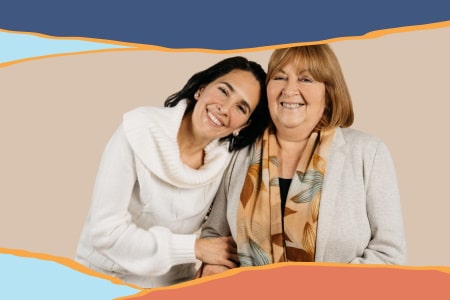Home & Community Based Services
Resources

Free Online Directory Helps Caregivers in Underserved Populations Access Dementia Support Programs
Best Programs for Caregiving, a newly-introduced online directory of evidence-based dementia caregiver support programs is making big strides in helping to expand both awareness and availability of top-rated programming in underserved rural and remote areas across the country. Difficult-to-access geographies are a real concern to the medical and social service organizations, and many recent initiatives have been devoted to addressing these underserved areas of the aging population. This is particularly true in the case of people living with dementia and their family and friend caregivers for a number of reasons.
Read More
The Impact of Alcohol Consumption on Older Adults and How Caregivers Can Help
In many cultures, alcohol consumption is so engrained in social rituals that not drinking seems much stranger to people than frequently drinking. However, alcohol is never without its risks, and this is especially true for older people. Older adults are much more vulnerable to the adverse effects of alcohol than younger people due to age-related changes to their bodies, medication interactions and other health conditions. And though reckless drinking is an issue most people associate with younger people, older adults, especially those in the 55-64 range, are more at risk of alcohol-induced deaths than any other age category, according to data from the CDC.
Read More
Sorting out the Risks and Benefits of Medications for Dementia and Mild Cognitive Impairment
Learn more about the risks and benefits of medications that are currently on the market to treat dementia and mild cognitive impairment. This webinar also discusses ways to get the most benefit and minimize the risks of these medications and have a brief discussion on medications that are being studied for these conditions that appear to be close to being marketed.
Watch
Understanding Glaucoma: A Guide for Caregivers of Older Adults
Ensuring the well-being of older adults involves comprehensive care, and one aspect often overlooked is eye health. Glaucoma, a progressive eye disorder leading to optic nerve damage and potential blindness, is a significant concern, especially among older adults. As a caregiver, it's crucial to integrate glaucoma testing into the care plan, given its prevalence and potential severity.
Read More
Decoding Dementia’s Genetic Connections
Dementia affects millions of individuals globally. While age, not genetics, is the primary risk factor, there's growing evidence that genetics can indeed play a role in determining an individual's susceptibility to certain types of dementia.
Read More

